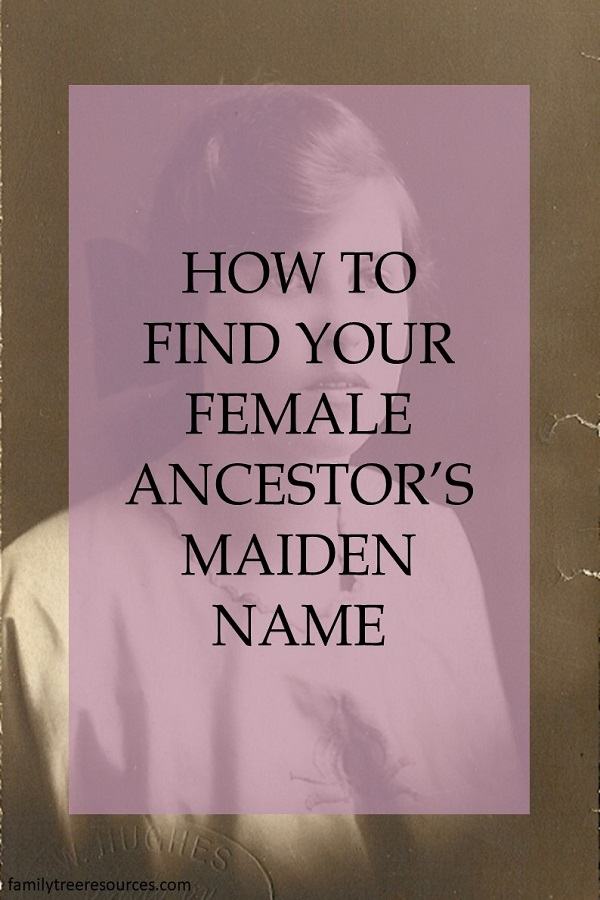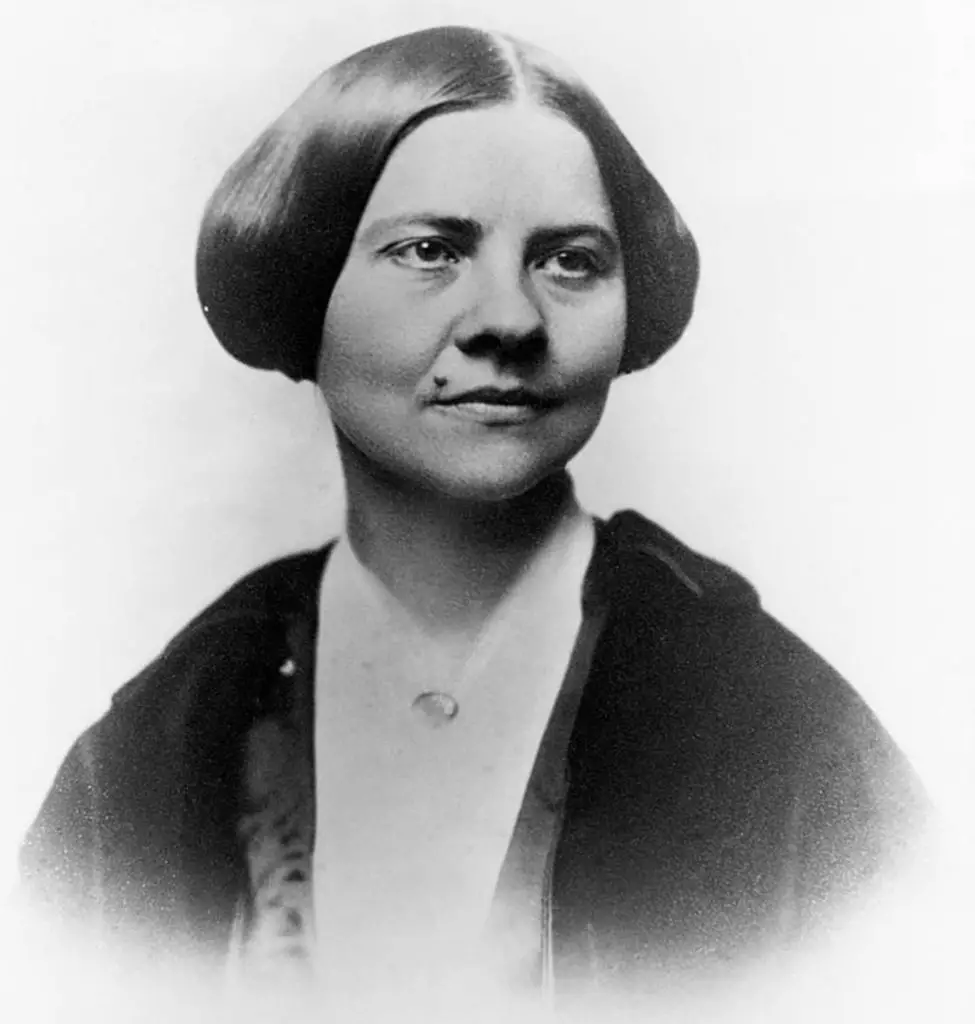A woman’s maiden name is her last name before marriage. It is the surname she was given at birth.
When a woman gets married, she may choose to change her last name to her spouse’s surname, but her maiden name remains her original surname.
Understanding The Meaning And Significance
A maiden name refers to the surname a woman is given at birth before she marries and potentially changes her last name. It is the name she carries from her childhood and is often passed down from one generation to another within a family. The term “maiden name” is primarily used to distinguish a woman’s original surname from her married surname. It provides a link to her family’s lineage and heritage.
The concept of maiden names has roots in patriarchal societies where family lineage was traced through the male descendants. Women were expected to take their husband’s name upon marriage, symbolizing the transition from their natal family to their husband’s family. However, in recent years, there has been a shift towards women retaining their maiden names or hyphenating their surnames to maintain their identities and professional reputations.
Maiden names hold significance in various contexts. In legal matters, it helps establish identity, especially when providing identification documents or during legal proceedings. Societally, it can be important for genealogical research, as maiden names aid in tracing family histories and connections. On a personal level, women may choose to retain their maiden names for personal and professional reasons, such as maintaining continuity in their careers or honoring their own family heritage.
Examining The Differences And Options
When a woman gets married, she often faces a decision regarding her maiden name. It is important to consider both the pros and cons before making a decision.
The cultural and regional perspectives on this matter differ significantly. Some cultures value traditions and expect women to take their husband’s name, while others encourage the preservation of a woman’s identity through keeping her maiden name.
Fortunately, there are alternatives available for those who wish to deviate from the traditional options. Hyphenation allows the retention of both the maiden and married names, emphasizing equality between partners. Double-barrelled names combine both surnames, showcasing a sense of unity and shared identity.
Practical Considerations And Processes
When a woman gets married, she has the option to change her last name to her husband’s surname. However, some women choose to keep their maiden name, which is their surname before marriage. This decision impacts various aspects of their life, both legally and socially.
From a legal standpoint, keeping one’s maiden name requires proper documentation. This includes notifying the appropriate authorities, such as the Social Security Administration and the Department of Motor Vehicles, and updating identification documents like driver’s licenses and passports.
Socially, there can be both positive and negative implications when a woman retains her maiden name. For professional reasons, some women may choose to keep their maiden name to maintain consistency in their career or to preserve their professional identity. However, it may also lead to confusion or require additional explanation in social settings.
Managing identification documents, financial accounts, and online presence can also be affected when a woman keeps her maiden name. It may be necessary to update personal records, bank accounts, credit cards, and online profiles to reflect the new marital status.
| Legal requirements and documentation | Social and professional implications | Managing identification documents, financial accounts, and online presence |
|---|---|---|
| Notifying authorities and updating identification documents | Preserving professional identity or causing confusion | Updating personal records, bank accounts, and online profiles |

Credit: www.familytreeresources.com
Personal Identity, Autonomy, And Relationships
Personal identity and autonomy are essential aspects of one’s life. For many women, their maiden name is closely tied to their personal identity, representing their individuality and upbringing. Some women choose to retain their maiden name even after marriage, while others decide to take on their partner’s surname as a way of embracing a new phase in their life.
The emotional attachment to one’s maiden name can be strong, as it symbolizes a sense of self and identity that has been built over the years. It can also be seen as a way to balance personal preferences and societal expectations, as women navigate the conversations with their partners, family, and friends.
It is important to respect and understand each individual’s decision regarding their name choices. Society is evolving, and there is no right or wrong answer when it comes to deciding whether to keep a maiden name or not. What matters most is empowering individuals to make choices that align with their own values and desires.
Global Perspectives On Naming Traditions
Customs and traditions regarding naming are diverse around the world. In Western cultures, it is common for a woman to change or keep her maiden name after marriage. This decision is influenced by factors such as personal preference, cultural norms, and legal requirements. In Asian cultures, women traditionally retain their maiden names even after marriage, as it symbolizes their connection to their family of origin. Similarly, in some African and Middle Eastern cultures, women often maintain their maiden names to maintain important family ties and lineages.
In many countries, legal frameworks exist that regulate the naming of individuals. These regulations may vary from requiring a woman to adopt her husband’s last name upon marriage to allowing for various choices, including hyphenation or using both names. Societal norms and attitudes toward women’s rights and gender equality also play a significant role in shaping naming practices globally, with some cultures placing more emphasis on individual choice and autonomy.
Empowerment, Identity, And Choice
A woman’s maiden name is her birth surname, which holds significance in terms of empowerment, identity, and choice.
| Impact of feminist movements on naming conventions |
|---|
| Choice-based feminism has revolutionized traditional naming conventions for women. It encourages individual agency and allows women to take control of their personal identity. One aspect of this movement is the reclaiming of maiden names after marriage. By choosing to retain their maiden names, women assert their independence and challenge the patriarchal expectation to adopt their spouse’s surname. It serves as a powerful symbol of empowerment and autonomy. The concept of name choice becomes even more complex when considering intersectionality. Women from diverse cultural backgrounds may face additional pressures or expectations regarding their naming decisions. They navigate the intersections of gender, race, and cultural traditions which influence how they express their identity. Ultimately, the feminist movements of today have widened the options available to women, allowing them the freedom to choose their own naming conventions based on what they feel best represents their personal identity and promotes their empowerment. |
Shifting Norms And Beliefs
A woman’s maiden name is her original surname before marriage, which she may choose to keep or change. Shifting norms and beliefs regarding gender roles have led to more women embracing their maiden names as a symbol of identity and independence.
Emerging Trends In Name Choices Among Younger Generations
The concept of a maiden name for women has evolved significantly over time. In the past, it was customary for a woman to take on her husband’s last name upon marriage, relinquishing her maiden name as part of the social norm.
However, with the progress towards gender equality and a shift in societal norms, women now have more freedom in choosing how they want to be identified. Emerging trends among younger generations reflect a departure from traditional name choices.
These trends are influenced by various factors. The ongoing struggle for gender equality has prompted many women to retain their maiden names even after marriage. It symbolizes their individuality and independence, reinforcing the idea that women can have their own identities separate from their marital status.
Furthermore, changing attitudes towards marriage and partnerships also contribute to the shift in naming conventions. More couples now opt for hyphenated last names or creating entirely new surnames that are a combination of both partners’ names, thereby challenging the traditional patriarchal naming practices.
In conclusion, the notion of a maiden name has transformed as societal beliefs and norms evolve. The freedom for women to choose their own naming conventions and the recognition of gender equality has driven the emerging trends in name choices among younger generations. These changes reflect a greater desire for personal expression and individuality within relationships and marriages.
Considering Factors And Making Informed Decisions
- Personal values and priorities: Before deciding whether to use a maiden name or not, it’s essential to reflect on personal values and priorities. Each person has unique beliefs and ideals that shape their decision-making. Take the time to think about what having a maiden name means to you and how it aligns with your personal values.
Open dialogue with partner, family, and loved ones:
- Communication: Engage in an open dialogue with your partner, family, and loved ones. Discuss the idea of using a maiden name and share your thoughts and feelings. Their input and support can provide valuable insights and help you make an informed decision.
- Flexibility: Embrace flexibility and recognize that there is no one-size-fits-all answer. What works for one person may not work for another. It’s important to respect and honor the diverse naming choices individuals make.
- Celebrating diversity: Whether you choose to use a maiden name, take your partner’s name, or opt for a different naming convention altogether, celebrate the diversity of choices. Society is evolving, and individuals now have the freedom to choose what feels right for them.
Frequently Asked Questions On What Is A Maiden Name For A Woman
What Is The Definition Of A Maiden Name?
A woman’s maiden name is her surname before she gets married. It is the name she is born with, and it is usually changed to her husband’s surname after marriage.
Why Do Some Women Choose To Keep Their Maiden Name?
Some women choose to keep their maiden name for personal reasons, such as professional recognition or a strong attachment to their family identity. It is a personal choice that allows them to maintain their own identity and career.
Can A Woman Legally Use Her Maiden Name After Marriage?
Yes, a woman can legally use her maiden name after marriage. While it is common for women to change their last name to their husband’s last name, it is not required by law. A woman can choose to keep her maiden name for any reason, and legal documents can reflect this choice.
Conclusion
To conclude, a maiden name is the surname that a woman carries before marriage. It holds significant historical and cultural value, representing a woman’s identity and heritage. Understanding the concept of a maiden name is essential in appreciating the diverse traditions and customs practiced around the world.
By embracing and respecting a woman’s choice to use or change her maiden name, we can foster a more inclusive and empathetic society.








